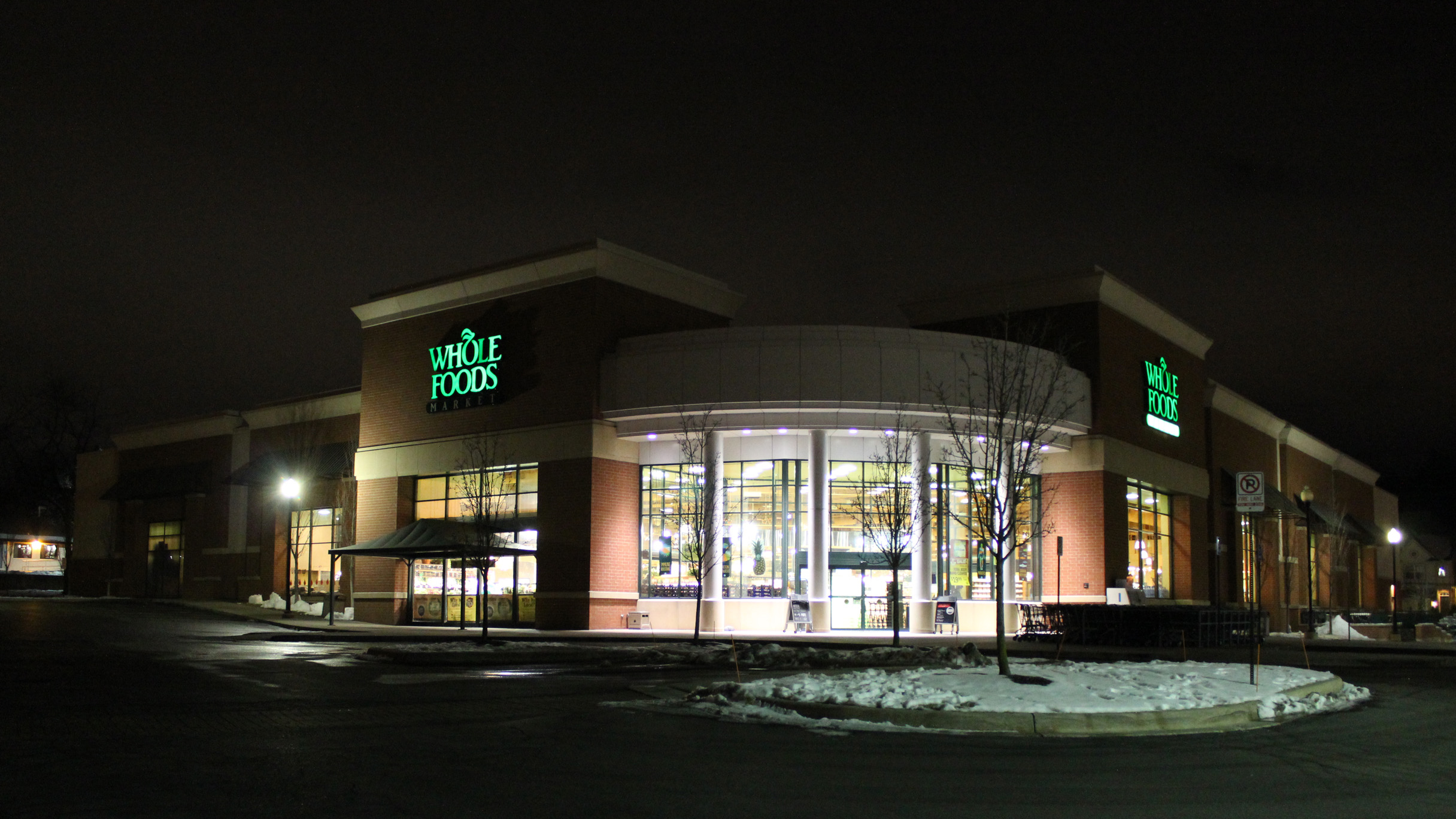The USDA labels any low-income area where at least a third of the residents live more than one mile from a grocery store as a “food desert.” The combination of poverty and distance make fresh produce largely unavailable for people in these areas, resulting in a higher obesity rate. Food deserts are a major problem—as many as 23.5 million people in the United States live in qualifying neighborhoods.
To combat this problem, Whole Foods has announced plans to open smaller grocery stores in lower-income neighborhoods. These stores, called 365 by Whole Foods Market, will have lower prices and will be geared toward meeting the needs of low-income families. “We want to be able to provide those residents access to fresh, healthy foods,” executive vice president Jim Sud recently said.
Eater reports that the Austin-based gourmet grocery chain has suffered declining sales and that the brand is testing several methods—including a rewards program—to keep their numbers up. The 365 concept could help the company to stay afloat while also serving a community need.
While the company hasn’t yet officially announced locations, they are hard at work getting the first five 365 stores built—including one in Chicago’s Englewood neighborhood expected to open sometime in 2016 or 2017.
(via Eater)







